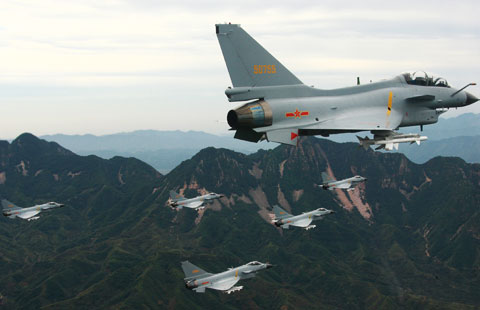Chinese premier reassures world CEOs of growth
Updated: 2014-09-10 09:55
(Xinhua)
|
|||||||||||
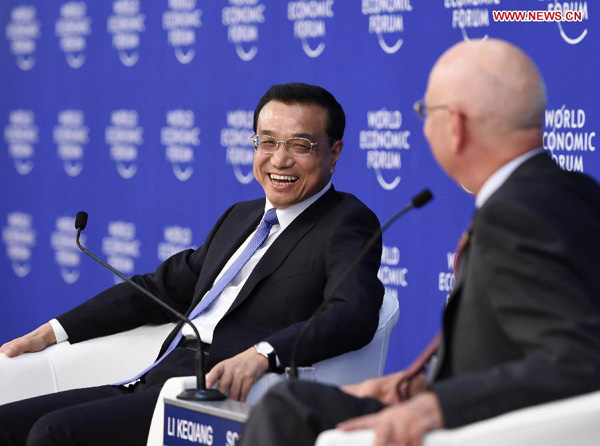 |
|
Chinese Premier Li Keqiang (L) talks with Klaus Schwab, founder and executive chairman of the World Economic Forum (WEF), during a meeting ahead of the Summer Davos forum in Tianjing Municipality, North China, Sept 9, 2014. [Photo/Xinhua] |
TIANJIN - Chinese Premier Li Keqiang reassured global CEOs Tuesday that China would achieve its GDP growth target of about 7.5 percent despite recent fluctuations.
Chinese economy is operating within a reasonable range, Li said.
The premier told his audience at the 2014 Summer Davos in Tianjin that ongoing anti-trust probes in China did not target specific industries or firms, and that foreign companies only accounted for 10 percent of companies involved.
"Premier Li's answer is very reassuring," said Alcoa CEO Klaus Kleinfeld.
"The rules apply to everyone," Kleinfeld told Xinhua. "The premier has emphasized very strong desire to create a level playing field."
Reasonable range
The premier believes Chinese economy is on track despite fluctuations in some economic indicators in July and August, since GDP continues to stabilize, the job market keeps improving and inflation is on the low side.
GDP grew 7.4 percent in the first half of this year with deepening reforms and targeted loosening, but in the last two months, declining PMI, sluggish industrial production and a cooling property market alerted investors to the stability of growth.
It is inevitable that the economy experiences short-term fluctuations, Li said. The global economy is in a difficult recovery with some key economies performing poorly. China's economic development has problems as well.
The job market is the top concern of government policy, Li said, citing that in the first eight months, new urban jobs reached nearly 10 million, slightly below the target for the whole year.
The annual growth target is around 7.5 percent. "Around" here means slightly higher or lower rates are acceptable, as long as employment, incomes and environmental protection improve, he said.
China had resorted to "strong reform" instead of "strong stimulus" to spur the economy, Li said.
While keeping the total money supply stable, decision makers will be focused on restructuring the supply, which means the government will put more money into agriculture, small and micro businesses, emerging industries and hi-tech businesses, Li said.
"As we are restructuring instead of expanding the monetary supply, current monetary policy is sustainable," the premier said as he stressed the importance of easing access to financial markets, and developing small, medium and private banks. Reforms of interest and exchange rates, a multi-layer capital market and lowering leverage rates are important to controlling money supply.
"The course of reform will not run smooth, because it will stir the interest rates, just like short-term fluctuations in the economy," Li said.
Related Stories
Tianjin enjoys benefits of hosting Summer Davos 2014-09-10 08:10
China to continue prudent monetary policy: premier 2014-09-09 20:51
Summer Davos aims for 'green' meeting of minds 2014-08-27 07:19
'Summer Davos' to include more China topics 2014-08-22 11:12
'Summer Davos' in Tianjin to explore innovation 2014-03-21 09:57
Today's Top News
China on right growth track: Davos founder
Risks rising in Europe: Chinese economist
Suspected Ebola case reported in Italy
Britain to send £1.6m arms to Iraq
Pessimism in ties with Japan
Apple unveils new phones, watch
Oxford University attests to power of the nation
Turkey in missile talks with France
Hot Topics
Lunar probe , China growth forecasts, Emission rules get tougher, China seen through 'colored lens', International board,
Editor's Picks
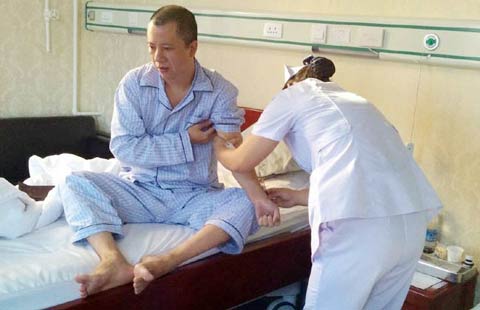
|
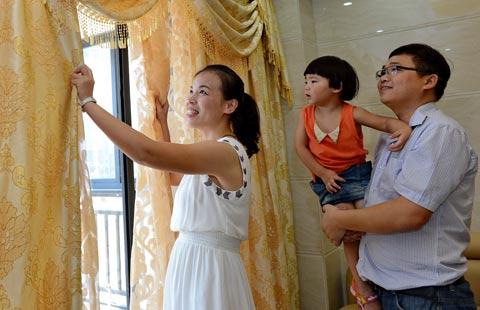
|

|

|

|
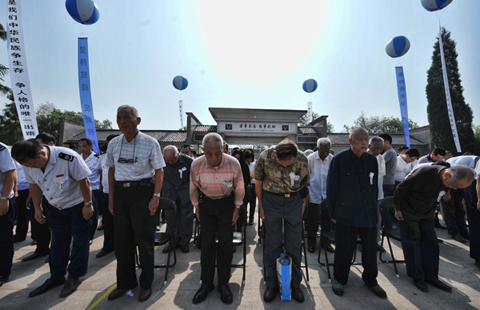
|


